Embrace your own power by cultivating presence

In my first year of college, my academic advisor roped me into presenting at a minor conference. I complied, even though I didn’t care about the subject that was assigned to me and didn’t feel like I knew it well enough. I still remember slouching behind that podium, mumbling my prepared remarks, and wishing to be someplace else. Needless to say, my audience responded accordingly – nobody showed any interest in what I was saying. Following me, there were a couple of other “tortured souls” who looked and sounded just as pathetic. But then this girl, Julia, took the stage. She was presenting her thesis, “American Tragedy by Theodor Dreiser – a work of fiction or journalism?” She didn’t have any big words or complex metaphors, but she was instantly engaging and interactive with the audience and took us on a fascinating investigative journey as she argued her case. Her message, her presentation, and her body language were all in alignment to communicate openness and receptivity, and her passion for the subject was contagious. I still remember thinking: “Wow, this girl has a great presence!”
The concept of presence is used frequently in the yoga world, but what does it mean exactly?
Amy Cuddy, the author of the book “Presence,” defines it this way: “Presence emerges when we feel personally powerful, which allows us to be acutely attuned to our most sincere selves.” She continues: “When we feel present, our speech, facial expressions, postures, and movements align. They synchronize and focus. And that internal convergence, that harmony, is palpable and resonant – because it’s real.” Imagine trying to control each one of those elements – the message itself, speech, facial expressions, posture, emotions – in an attempt to fake presence. Politicians try to do it all the time, and that is why they often come across as inauthentic. We can easily spot a fake. Ms. Cuddy concludes: “Our search for presence isn’t about finding charisma or extraversion or carefully managing the impression we’re making on other people. It’s about the honest, powerful connection that we create internally, with ourselves.” (1)
Some call it being “in the zone” or “in sync,” others call it “flow,” but it’s the state that most of us can recognize when it is happening to ourselves or others. It is a powerful and desirable place to be, so why aren’t we there all the time? The simple answer is that we are too distracted. This idea of the distracted mind is fundamental to many Eastern traditions, including yoga.
By definition, yoga is about the cessation of mental disturbances (sutra 1.2). Only then, says Patanjali, your True Self can be revealed (and your sincere presence can be experienced) (sutra 1.3). Otherwise, he warns, we continue to be absorbed and defined by our mental vortex. (sutra 1.4)
Or, as blogger Maria Popova writes: “Our primary mode of relinquishing presence is by leaving the body and retreating into the mind — that ever-calculating, self-evaluating, seething cauldron of thoughts, predictions, anxieties, judgments, and incessant meta-experiences about experience itself.” (3)
While different traditions discuss various ways to return to that state of presence, yoga has its own prescription: go through the body. Our bodies are vehicles of our mental-emotional states; they both reflect them AND affect them. For example, if someone is feeling blue (and not trying to hide it), you can see it by the expression on their face and their body language. Research shows that it works the other way around, too.
Paul Eckman has been studying emotions in different cultures for over 50 years. His research shows that every emotion has a specific facial representation that is recognizable by people around the world. He also found that you can intentionally cultivate a specific emotion by arranging your face in a way that corresponds with that emotion. “Our research shows that if you make these movements on your face, you will trigger changes in your physiology, both in your body and your brain.” (2) A recent article in the New York Times reviewed the studies that show that “Posture doesn’t just reflect our emotional states; it can also cause them.” For example, “slouchers reported significantly lower self-esteem and mood, and much greater fear.” They were also more negative in their outlook and had a tendency to recall more negative than positive experiences. The conclusion was “Your physical posture sculpts your psychological posture, and could be the key to a happier mood and greater self-confidence.” (4)
In our yoga practice, we fold our bodies into yoga postures for all sorts of reasons: to stretch and strengthen specific areas, to change our movement patterns, to give ourselves a sense of accomplishment, and so on. We can also use specific yoga poses to affect our emotional states. But that is just the first step toward feeling truly present and powerful. Fundamentally, yoga poses are meant to anchor your attention in your body, expand your vital energy, and then direct that energy and attention to your mind for the purpose of taming the mental chatter. Only then, the tradition says, can we drop our mental drama and become truly aligned – body, energy, focus, beliefs, and values – and powerful. And this is what presence is. And presence is important not only for some abstract idea of enlightenment. It is important for anybody who is “trying to find a way to embrace their own power and to use that power to be present when they face life’s ordinary challenges.” (1)
As we know from experience, not every yoga practice can get us there. What are some of the essential elements that need to be included to bring more synchrony to the different layers of our systems?
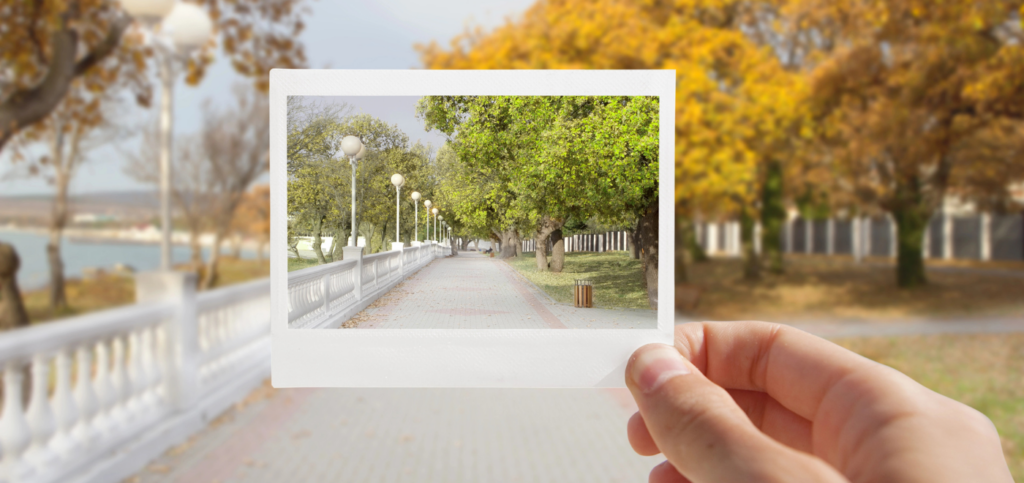
Fundamentally, yoga is about settling the vortex of the mind and eliminating some of that incessant mental noise. Only when the mind settles, says sage Patanjali in his Yoga Sutras, can you see yourself for who you are and the world around you for what it is (sutra 1.3).
References
- Presence by Amy Cuddy
- Emotions releaved by Paul Eckman
- An Antidote to the Age of Anxiety: Alan Watts on Happiness and How to Live with Presence by Maria Popova
- Your iPhone Is Ruining Your Posture — and Your Mood by Amy Cuddy

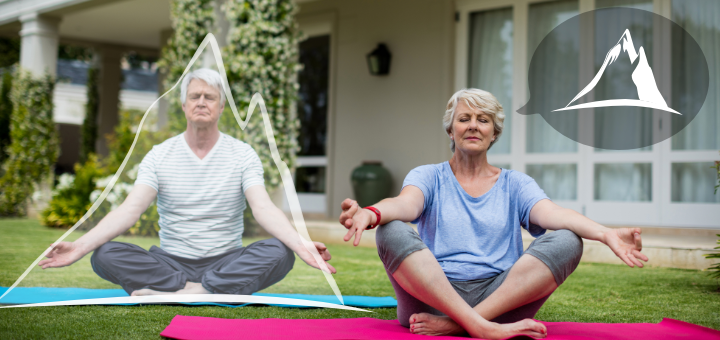
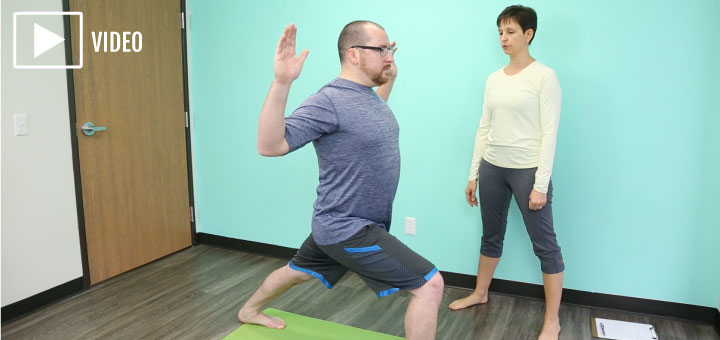
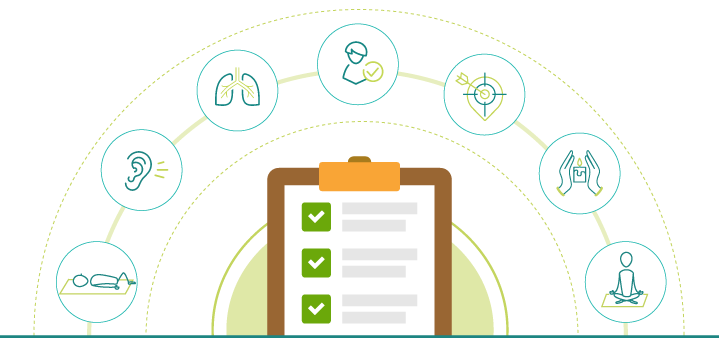
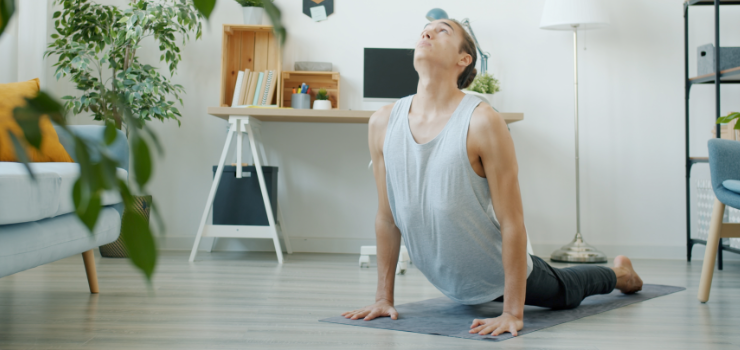
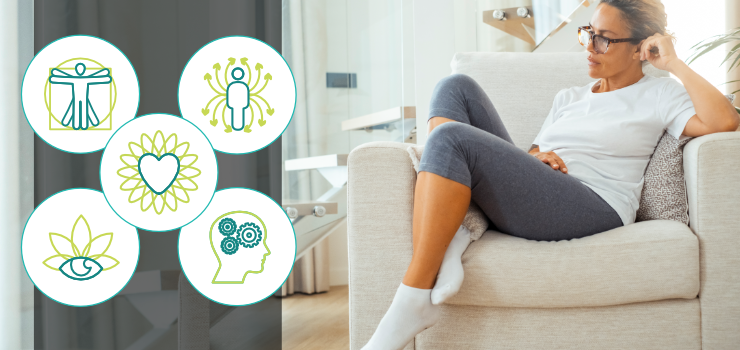


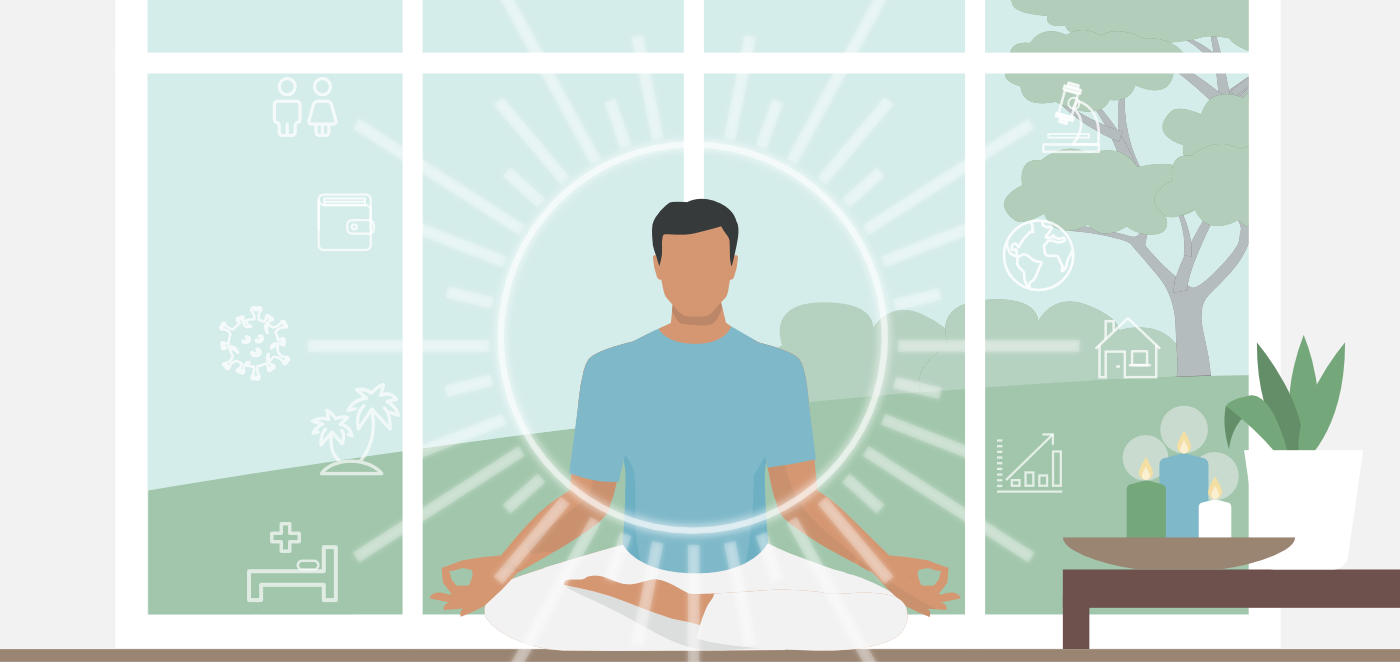
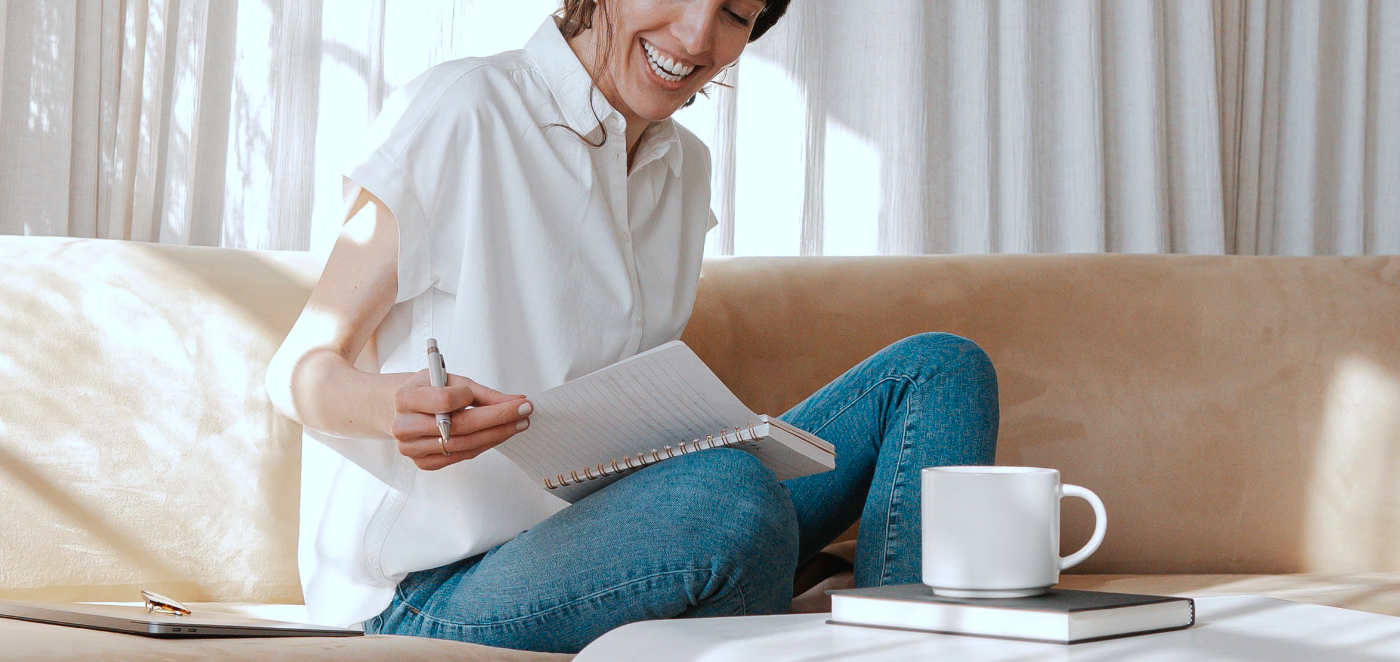
Great post! Thank you 🙂
Thank you Anna!
This is a great article, thanks Olga!
I felt completely identified. Great article. Thank you 🙂